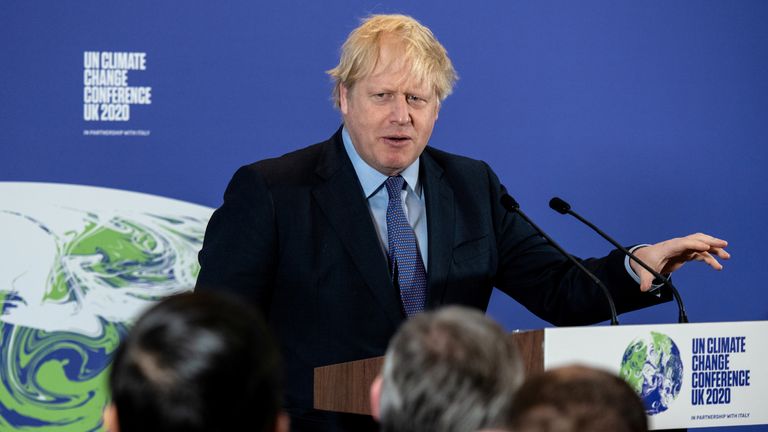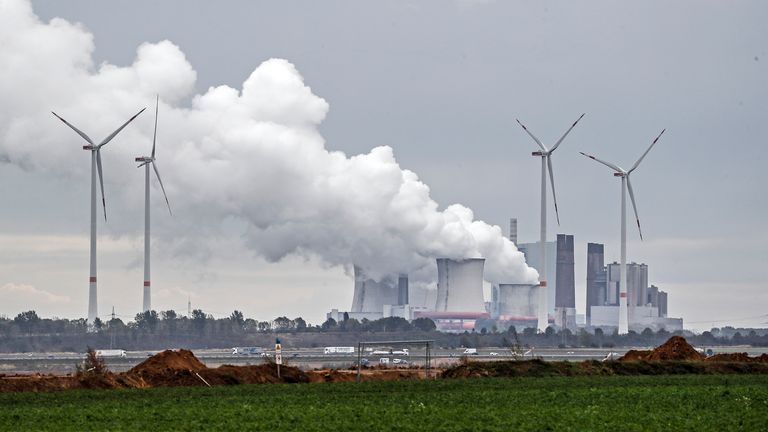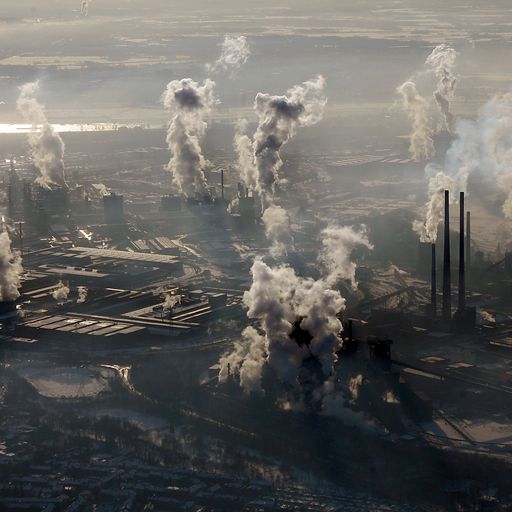The government lacks a plan for achieving net zero greenhouse gas emissions by 2050 - despite setting the target almost two years ago, a group of MPs have warned.
In a report published today, the Public Accounts Committee said the government "intends to publish a plethora of strategies this year" setting out how it will reduce emissions in different sectors ranging from transport to the heating of buildings, but "at present, there is no coordinated plan" with clear milestones towards achieving the target.
Committee chair Meg Hillier MP said: "Government has set itself a huge test in committing the UK to a net zero economy by 2050 - but there is little sign that it understands how to get there and almost two years later it still has no plan.
"Our response to climate change must be as joined up and integrated as the ecosystems we are trying to protect. We must see a clear path plotted, with interim goals set and reached - it will not do to dump our emissions on poorer countries to hit UK targets. Our new international trade deals, the levelling up agenda - all must fit in the plan to reach net zero."
She added that the "eyes of the world, its scientists and policymakers are on the UK - big promises full of fine words won't stand up".
The report highlights that the Treasury has changed the guidance on policy appraisal to ensure departments place greater emphasis on the environmental impacts, but also hasn't set out how this will work in practice.
The Institute for Fiscal Studies (IFS) also criticised Chancellor Rishi Sunak's budget plan for the lack of measures to achieve net-zero.
As much as 62% of the future reduction in emissions will rely on individual choices and behaviours, from day-to-day lifestyle choices to one-off purchases such as replacing boilers that use fossil fuels or buying an electric vehicle, according to the Public Accounts Committee report.
The committee also said that the government had not yet engaged with the public on the substantial, individual behaviour - as well as structural economic changes that achieving net zero will require.
Local authorities will also play a major role in the move, and the government will need to engage more with local authorities on their role in reaching net zero, including ensuring they have the necessary resources.
Subscribe to the Daily podcast on Apple Podcasts, Google Podcasts, Spotify, Spreaker
The UK's emissions are currently projected to exceed the government's targets for the years 2023 to 2027 and 2028 to 2032, though there are plans to announce policies aimed at closing these gaps.
But even faster progress is needed to get to net zero by 2050, including changes to the way electricity is generated, how people travel, how land is used and how buildings are heated.






